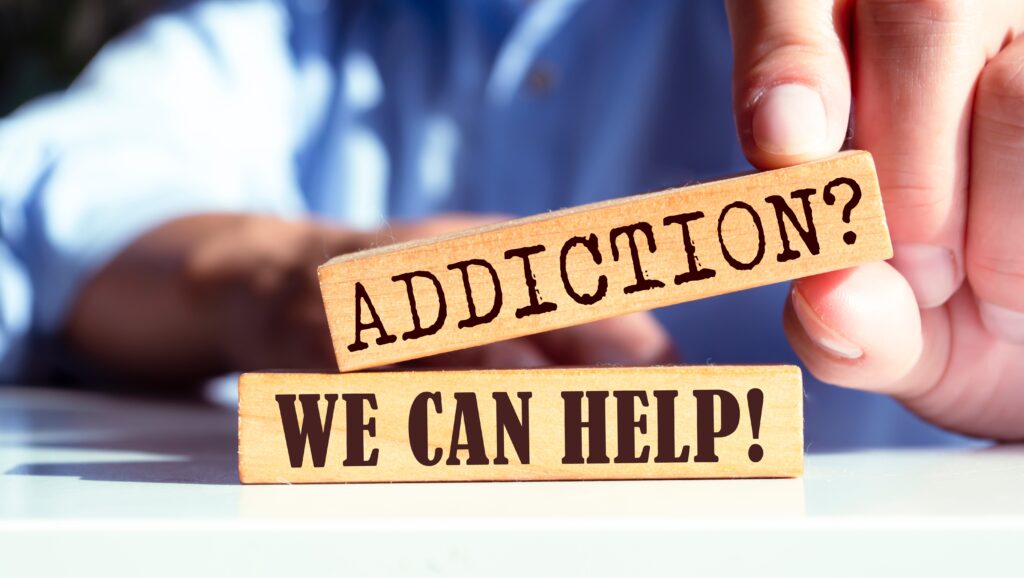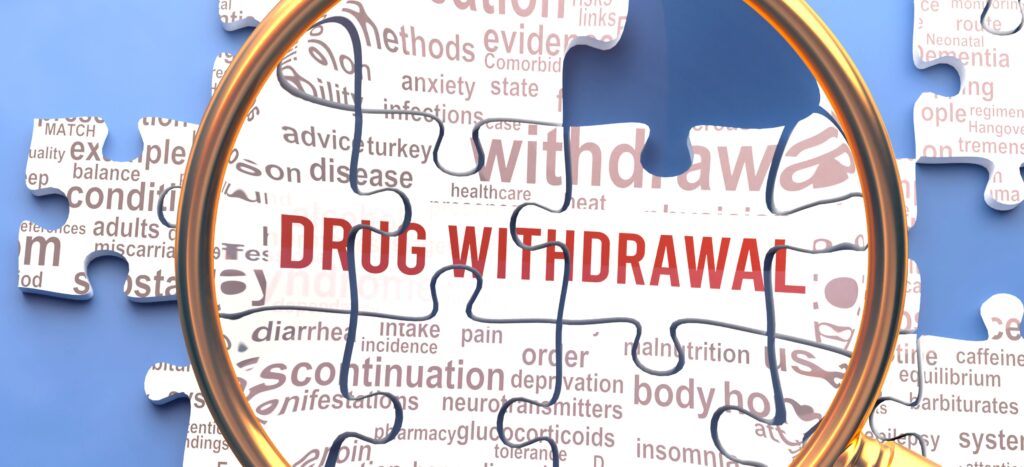One of the first steps to overcoming addiction is to rid the body of any and all drugs that alter its chemical composition. Substances can include heroin, opiate painkillers (Vicodin, Oxycodone, Oxycontin), benzodiazepines (Xanax, Valium, Ativan), alcohol, and anything else addicts use to obtain some form of a high. When someone reaches out to ask for help, a common first question is: what is medical detox and how can it help me overcome my addiction?
What is medical detox?
Medical detoxification, or medical detox, is the process of removing abused substances from an addict’s body. It is crucial that medical detox is performed under medical supervision in order to keep patients as safe and comfortable as possible throughout the process. Detox can be extremely tough on a person’s body: abusing drugs results in the physical reliance of a substance. Once said the substance is removed, the body must adapt to functioning normally without its presence. This readjustment is what causes discomfort and withdrawal symptoms in patients undergoing this phase of recovery. Medical detox safely manages any physical symptoms associated with discontinued drug use, and professional assistance is strongly recommended for alcohol, opiate, or benzodiazepine detox, which can be fatal if not properly supervised by a trained medical professional.
Although detoxification alone is rarely sufficient in helping addicts achieve long-term abstinence, it is a highly recommended precursor to other drug addiction treatments. The ultimate goal of medical detox isn’t to wean a patient off of whichever substance they’re addicted to. Rather, the objective is to propel them into an effective overall treatment process, aimed to create a realistic pathway into long-term sobriety.
What does a medical detox entail?
Detox involves evaluation, stabilization, and the eventual transition into other treatments. Evaluations are both physical and mental and involve understanding the patient’s triggers and reasons for drug abuse. Put simply, it is an overall risk assessment to see what will be needed for the next step: stabilization.
Stabilization is when the actual medical detoxification begins. Going through detox can be very traumatic, both physically and mentally, but trained medical professionals know how to help ease any discomfort. Stabilization also includes administering medications to ease the symptoms of withdrawal, establishing a normal diet and sleeping habits, and the introduction of other treatments for long-term success.
Can detox really help overcome addiction?
Medical detox on its own will not help someone overcome addiction. This is critical for patients to understand. Medical detox is the most important first step in overcoming issues with substance abuse. Underlying mental health disorders that tend to coexist with addiction must be addressed and resolved in order for anyone to conquer this disease. Addressing cognitive health tends to come after detox, for the patient’s mind and body have been cleansed of any remaining substances that could still be affecting their thought process and/or behavior.
Once detox is complete, the real work begins. Detox prepares patients for the rest of recovery, which includes group meetings, therapy, life skills training, stress management, family counseling, relapse prevention planning, among other recovery-related activities. It’s important to find a facility that offers a variety of services and treatments in order to ensure that you’re enrolled in a program designed to meet your specific, individual needs. We recommend that you work with a recovery center that takes everything into consideration, from clinical issues to any prevalent matters within your existence that have influenced your addiction.
While medical detox can sound overwhelming, it is the first step to ensuring a successful recovery. Detoxification, alongside supplemental treatment, will help you overcome your addiction. If you or a loved one is suffering from addiction and unsure how to start your recovery journey, pick up the phone and contact a certified recovery center. Everyone wants to see you succeed, but the first step has to start with you.








